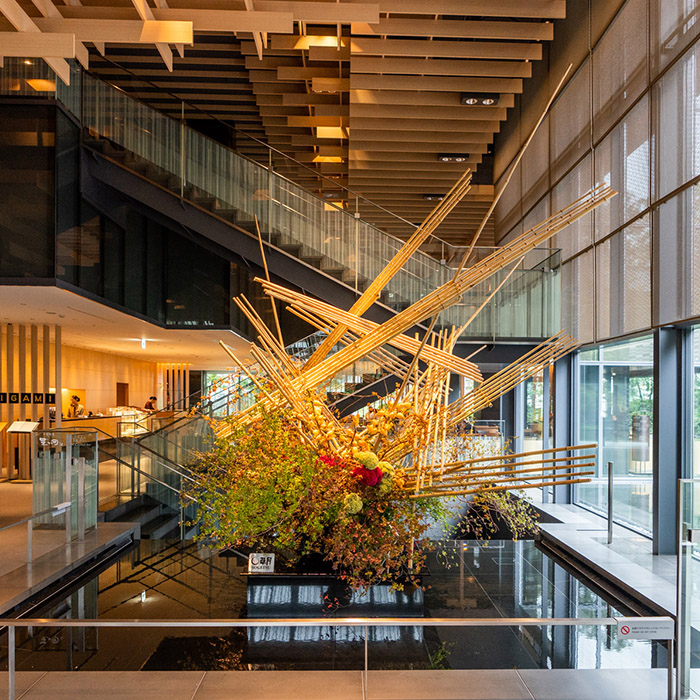January 4, 2025
Towards revitalizing the local economy

In Shirakawa Village, located in Gifu Prefecture and known for the World Heritage site "Shirakawa-go," approximately 70% of its 1,500 residents work in tourism. The Gassho-style village embodies the quintessential Japanese landscape, and due to its increasing popularity with international visitors, the tourist count in 2024 is projected to surpass 2 million for the first time in five years.
Unexpectedly, the area is struggling. A staggering 95% of visitors come for just the day, with each person spending only a few thousand yen on average. There is a lack of local products, and most souvenirs are sourced from outside the region, leaving the village financially depleted. This situation exemplifies what is known as a "tourist destination." trap."
Taking advantage of its name recognition, the village has started branding its rice. The village's rice, "Shirakawa-go Koshihikari," is sold in souvenir shops and is also given as a return gift for hometown tax donations.
Next is sake. A sake brewery will be established in 2026 at a former elementary school. The 1.3 billion yen will be raised through crowdfunding-style hometown tax donations and other methods, with the brewery being marketed as "Shirakawa Village Brewery." Tatsuo Tashiro, president of Kanda Machiokoshi (Gifu City), a subsidiary of Juroku Financial Group involved in the project, states, "Our goal is to extend the length of stay and increase the amount of consumption."
Hoping for "dual residence" between cities and rural areas
There are indications that more people may relocate. A Cabinet Office survey reveals that almost 50% of young adults in their 20s residing in the Tokyo region are keen on moving to rural areas. Additionally, a new law encouraging "dual residence" between urban and rural locales was enacted in November.The goal is to encourage a movement of people from urban to rural areas to foster new businesses and enhance well-being (both health and happiness). Initially, housing and exchange centers will be established, followed by reductions in travel costs and tax obligations in the medium to long term considered.
Harnessing the strengths of individuals with varied skills and perspectives to foster new circulation will lead to regional prosperity.








